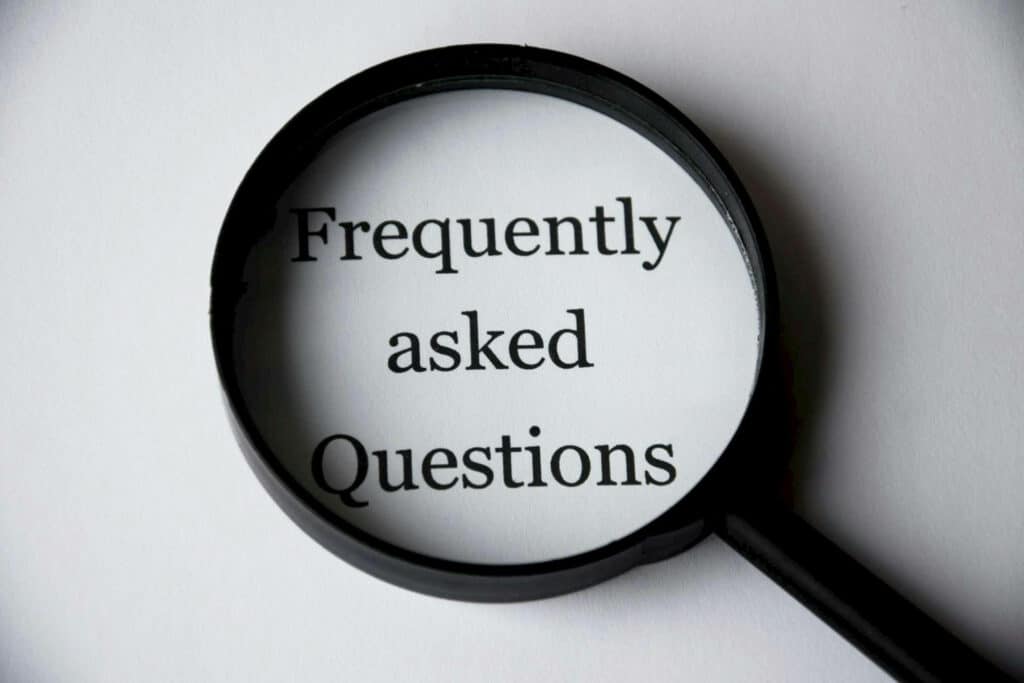Investing in hearing aids can be a significant positive shift in your quality of life. However, it also introduces a host of questions about how to best use, maintain, and maximize the benefits of these sophisticated devices.
From questions about operation and maintenance to concerns about their impact on daily activities, it’s common to have a few questions about your new devices. Let’s answer some frequently asked questions about hearing aids.
1. How long will it take to adjust to my new hearing aids?
Adjustment periods vary from person to person. Most individuals require a few weeks to fully adjust to their hearing aids. During this time, your brain relearns how to process sounds, including distinguishing foreground noises from background ones. Patience is key; start by wearing them for a few hours each day, gradually increasing the time as you become more comfortable.
2. How often should I wear my hearing aids?
For the best results, wear your hearing aids during all waking hours. Consistent use helps your brain adjust to processing sounds more efficiently. Removing them in challenging listening environments can hinder this adjustment process, making it harder for you to fully benefit from the devices.
3. Can I wear my hearing aids when using the phone?
Yes, most modern hearing aids are designed to be compatible with telephones. Many have features that can reduce feedback and background noise. Additionally, Bluetooth-enabled hearing aids can wirelessly stream audio from your phone directly into your hearing aids, enhancing clarity.
4. What’s the best way to maintain my hearing aids?
Routine maintenance is important for optimal performance. Daily cleaning with a soft, dry cloth can remove earwax, dust, and other debris from your hearing aids. Avoid getting them wet, and store them in a dry, safe place when not in use. Regularly check and replace batteries or recharge them as per the manufacturer’s instructions. Lastly, schedule periodic check-ups with your hearing health professional for cleanings and a performance check.
5. How will my hearing aids perform in noisy environments?
Modern hearing aids are equipped with sophisticated technology designed to enhance speech understanding in noisy situations. Features such as directional microphones, noise reduction, and speech enhancement algorithms help isolate speech from background noise. However, it’s important to have realistic expectations and understand that while these features significantly improve performance in noise, challenging environments can still sometimes pose difficulties.
6. Do hearing aids need to be programmed or adjusted?
Yes, hearing aids must be professionally programmed and adjusted to match your specific hearing loss pattern. This is done during the initial fitting and can be fine-tuned based on your feedback and as you adjust to using them. Subsequent adjustments may also be necessary over time as your hearing changes or as you encounter new listening demands.
7. Will hearing aids restore my hearing to normal?
While hearing aids significantly improve your ability to process sounds and understand speech, they do not “cure” hearing loss or restore hearing to a normal level. Instead, they amplify sounds to make them more accessible to your ears, aiding your brain in the hearing process.
8. What should I do if my hearing aids are uncomfortable?
Minor discomfort is not uncommon as you adjust to wearing new hearing aids, but persistent discomfort should be addressed by your hearing health specialist. We can make adjustments to the fit, change the ear domes, or suggest alternative wearing options. Comfort is crucial for successful use, so don’t hesitate to ask for adjustments.
9. How long will my hearing aids last?
The lifespan of hearing aids typically ranges from three to seven years, depending on the model, how well they are maintained, and changes in the wearer’s hearing needs. Regular maintenance and careful handling can extend their useful life.
10. Can I wear my hearing aids during physical activities or sports?
Yes, but with caution. While it’s beneficial to wear your hearing aids to stay engaged in your environment, some activities may require special considerations to protect them. Use a hearing aid clip to secure them, and consider using a sweat-resistant cover to protect them from moisture.
Visit Us for More Support
We are here to be your hearing health resource, not just for the initial fitting but for ongoing support. With the right care and adjustments, your hearing aids can significantly enhance your quality of life and help you hear and engage with the world around you more fully.
Schedule a consultation or service appointment today to ensure your hearing aids are perfectly suited to your lifestyle and hearing needs.





